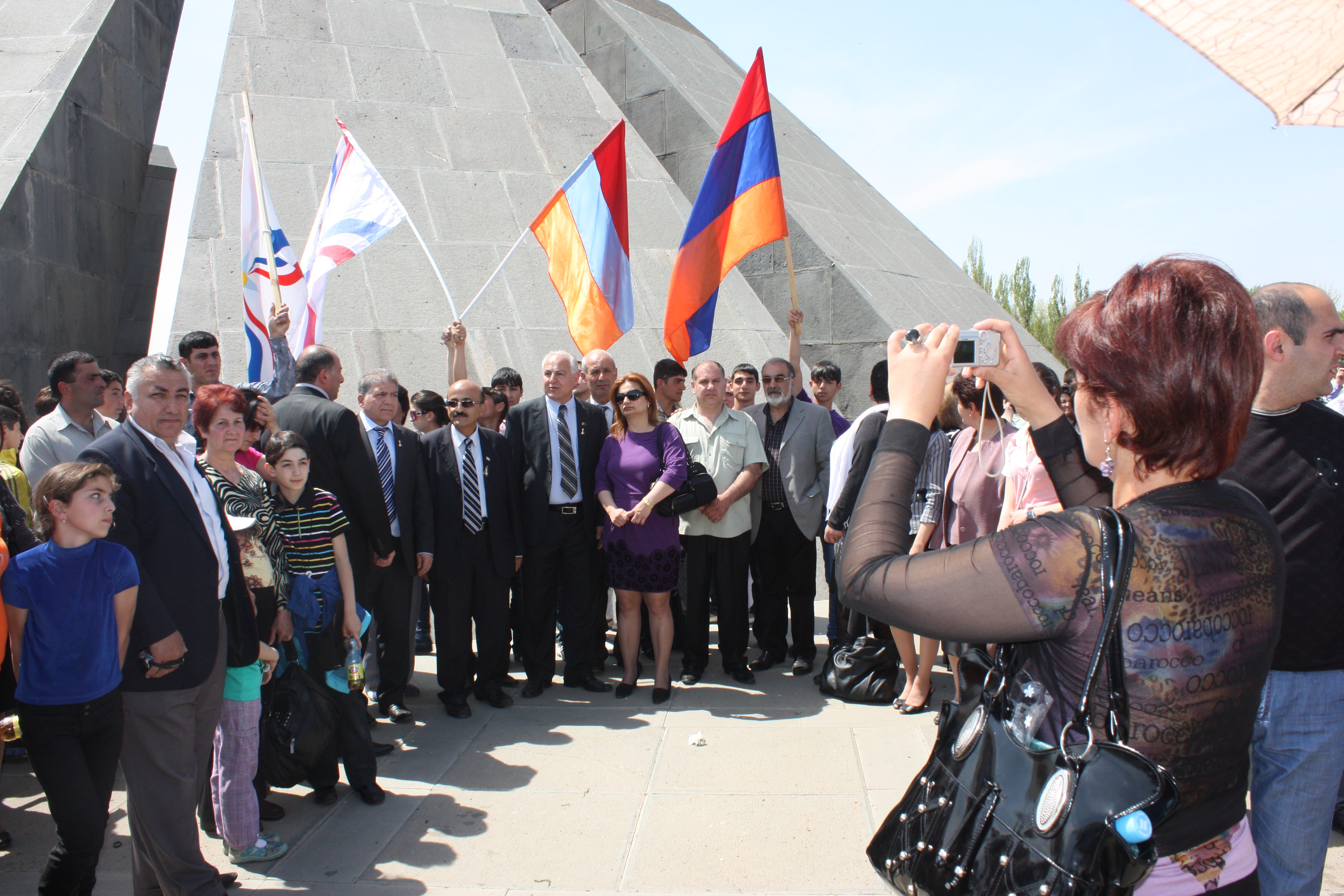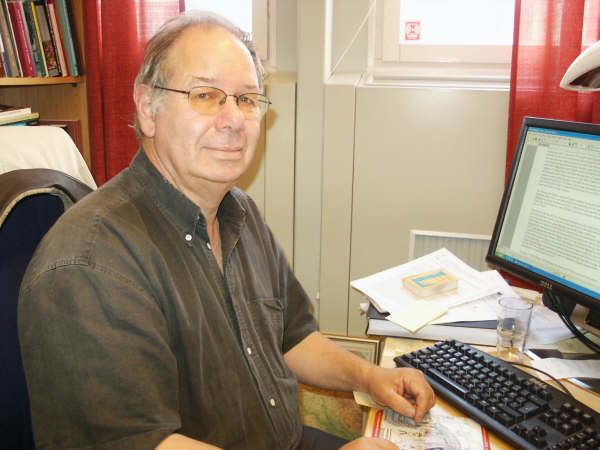Dink, the outspoken editor of the Armenian-Turkish weekly Agos newspaper, was gunned down in front of the paper’s Istanbul offices on Jan. 20, 2007. His assassin, a 17-year-old named Ogun Samast, was sentenced (as a minor) to 22 years in jail in July. But the sentencing of Samast still left open the question of what role did the 19 other people arrested in the case play in the murder and, more importantly, what was the involvement of certain elements of the police and other state bodies in the killing?
Today’s verdict did little to answer those questions. Despite fairly strong evidence indicating there was an organized plot with links to the police, all 19 were acquitted of being part of a conspiracy (or a "terrorist organization," as the indictment put it) to kill Dink and only one of them convicted for instigating the murder. As the New York Times reports, the verdict was swiftly criticized by Dink’s lawyers and other observers:
“This verdict is certification of the ongoing state tradition of political murders and its alienation of some citizens as the enemy,” Fethiye Cetin, a lawyer for the Dink family, told television reporters at the scene. She called the trial a missed chance to get at the truth.
Outside observers also criticized the narrow verdict. Reporters Sans Frontières, an advocacy group for press freedom based in Paris, issued a statement saying: “Five years after Dink’s murder, this court has proved to be powerless to shed light on all the complicity within the state apparatus and to identify the masterminds. No one can regard this case as solved.”
In a statement released today, Amnesty International also criticized the court proceedings, saying they had failed to "deliver justice." From their statement:
"Hrant Dink was murdered for peacefully expressing his opinions," said Andrew Gardner Amnesty International’s expert on Turkey.
"The security services knew of the murder plot and were in communication with those accused of the murder yet nothing was done to stop it taking place.
"Nothing short of a full investigation into the actions of all the state institutions and officials implicated in the murder will represent justice."
Turkey has a rich history of politically-motivated murders, most of them unsolved, that are suspected to have been committed with the support and encouragement of official state bodies. There was a hope that because of reform and democratization moves made by the current government of the Justice and Development Party (AKP), the Dink case could actually serve as a vehicle for shining some light on the activities of what Turks refer to as the "Deep State." But the meandering course the case took, capped off by today’s disappointing verdict, appears to have dispelled many from that notion. Writes columnist Yavuz Baydar, a leading liberal commentator, in Today’s Zaman:
Most of us in the media who have covered similar political crimes are now fully convinced that the Dink trial turned into a process where all the shadowy power networks, also known as the deep state, were not only left undiscovered, but protected. The evidence in the files and the clues that were not scrutinized will never convict those three people. Historically, we have a machinery of murder that has operated with an ideology causing a deadly blend of ideas that undermine democratization, target non-Muslims, spread terror and invite the military to reaffirm its iron-fisted control over the society.
The successful attempt to limit the scope of the trial will shed light on the persistent pattern within the “deep state” to protect itself, and the choice of political authorities to “go along with it” can only explain the limitations of the power of the judiciary today.
By Yigal Schleifer
www.eurasianet.org

, Genocide, ca 1960.jpg)


